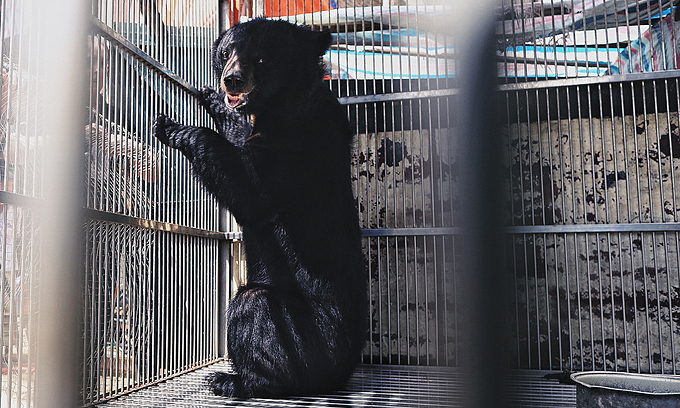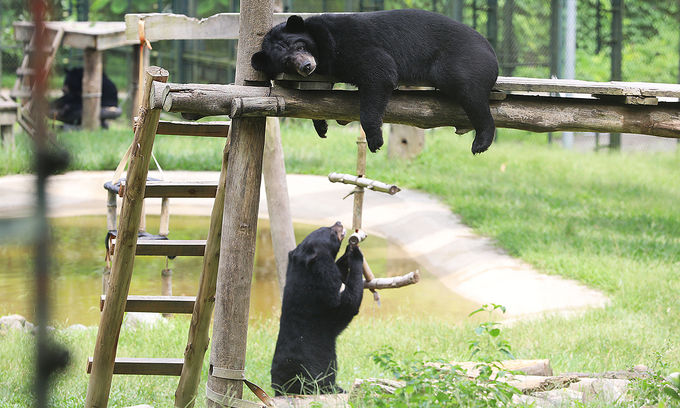As the UN Biodiversity Conference (COP 16.2) convened last week…

Vietnam calls halt to wildlife imports, illegal markets
Vietnam would halt importing and trading wild animals either dead or alive, according to a directive from Prime Minister Nguyen Xuan Phuc issued Thursday.
The country would stop importing wild animals whether they’re dead or alive, as well as their eggs, larvae, organs, body parts, and other derivatives. The directive still allows imports of seafood used for food and feed production as legally allowed, organs, and body parts of wild animals processed into medicinal ingredients or other materials to be used for production, as well as exceptional cases approved by the prime minister himself.
Wild animals listed by the Convention on International Trade in Endangered Species of Wild Fauna and Flora (CITES) exported by Vietnam would be sent back to their place of return.

The directive also calls for the abolishment of markets and places that illegally trade wild animals, as well as tight control and strict punishment for illegally hunting, capturing, trading, transporting, slaughtering, or advertising wild animals.
Authorities are also tasked to propose changes to the law regarding punishment for the illegal consumption of wild animals, it added.
The directive came as the illegal hunting, capturing, transporting and trading of wild animals persist in Vietnam, increasing the risk of extinction for many animal species and disrupting ecological balance, human health, and the nation’s reputation on the global stage, it stated.
In February, 14 wildlife non-profits jointly sent a letter to PM Phuc to urge that Vietnam scrap wildlife markets to prevent Covid-19 outbreaks, citing other global epidemics linked to wild animals.
The organizations, including the World Wildlife Fund (WFF), Animals Asia Foundation, TRAFFIC, Save Vietnam Wildlife, Wildlife Conservation Society, and PanNature, collectively urged the government to “identify and close markets and other locations where illegal wildlife is on sale.”
The new directive has received their applause.
“This is the first time the government has mobilized dozens of ministries and agencies to actively address the wildlife trade problem that has had devastating impacts and caused concern for many years, most recently when the Covid-19 pandemic once again provided evidence of wildlife-to-human infectious disease transmission,” said Hoang Thi Minh Hong, director of the nonprofit Center of Hands-on Actions and Networking for Growth and Environment (CHANGE) and a WildAid Vietnam representative, in a press release.
“The issuance of this directive shows the resolution and ability of the government of Vietnam as the country continues to demonstrate its commitment to preventing another pandemic.”
John Baker, Chief Program Officer at WildAid, said closing wildlife markets and prohibiting consumption, buying and advertising of wildlife products would help save many species while also protecting global health.
It is illegal to hunt, kill, possess, capture, transport, or trade protected animals in the country, with violations carrying penalties of up to 15 years in prison and fines up to VND15 billion ($645,000).
From 2013 to 2017, over 1,500 violations related to wildlife and over 43,000 kg of wild animals and related products were found in Vietnam, according to data from Vietnam’s top prosecutors.
Localities with the highest rate of offenders include Hanoi, central Quang Nam Province neighboring Da Nang, and border gates to China like Lang Son or Mong Cai.



